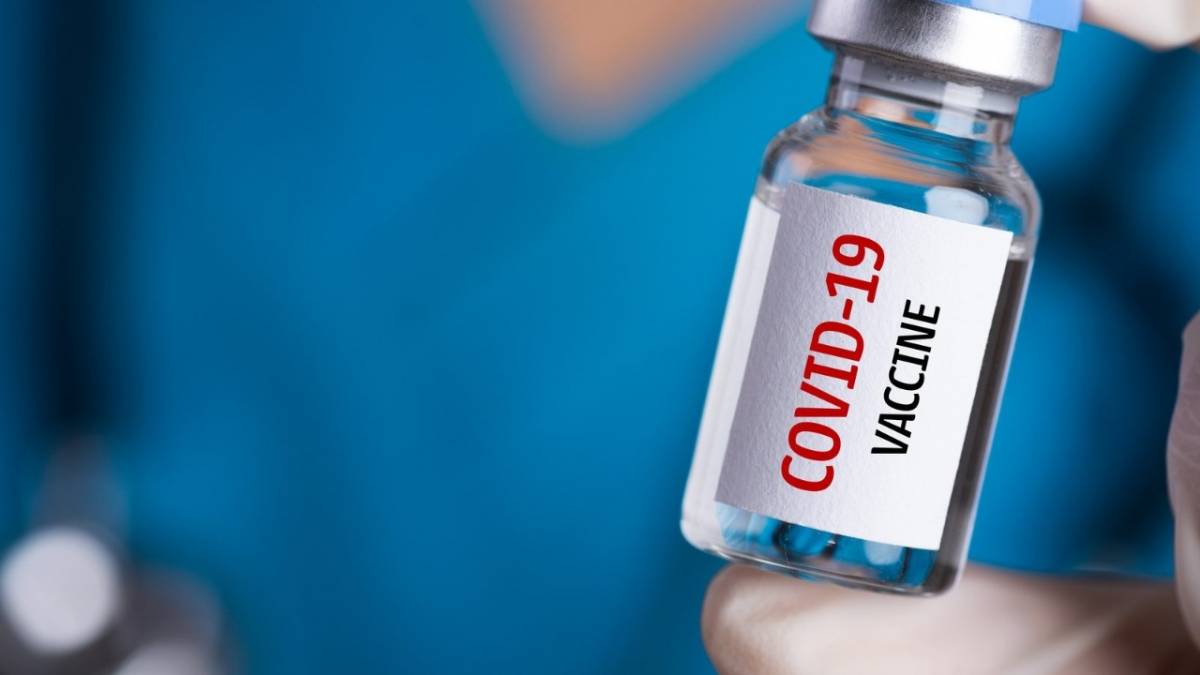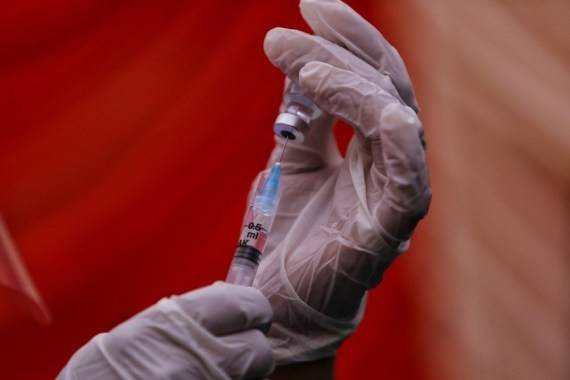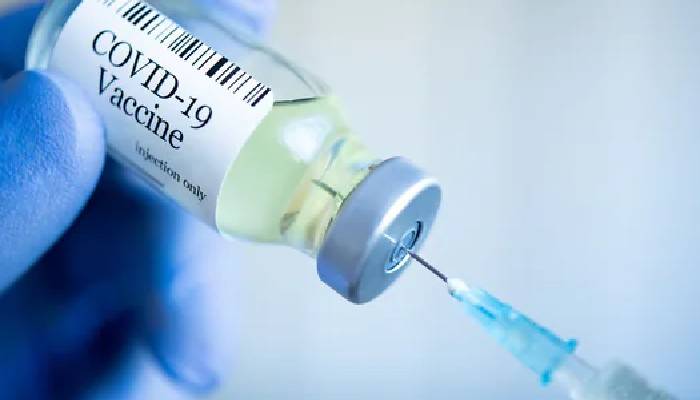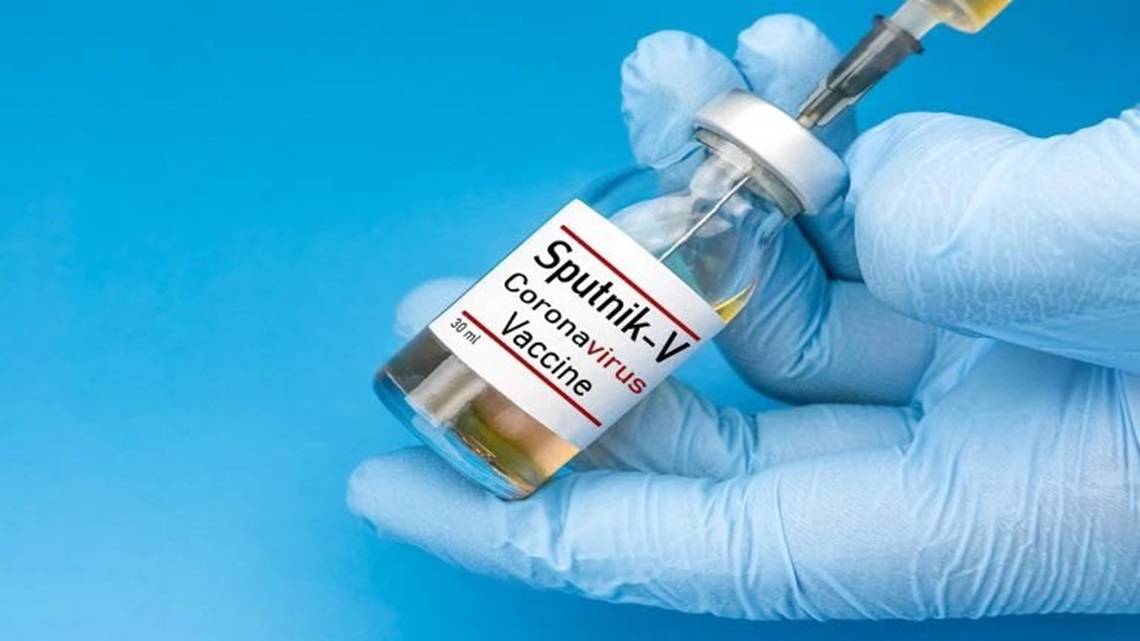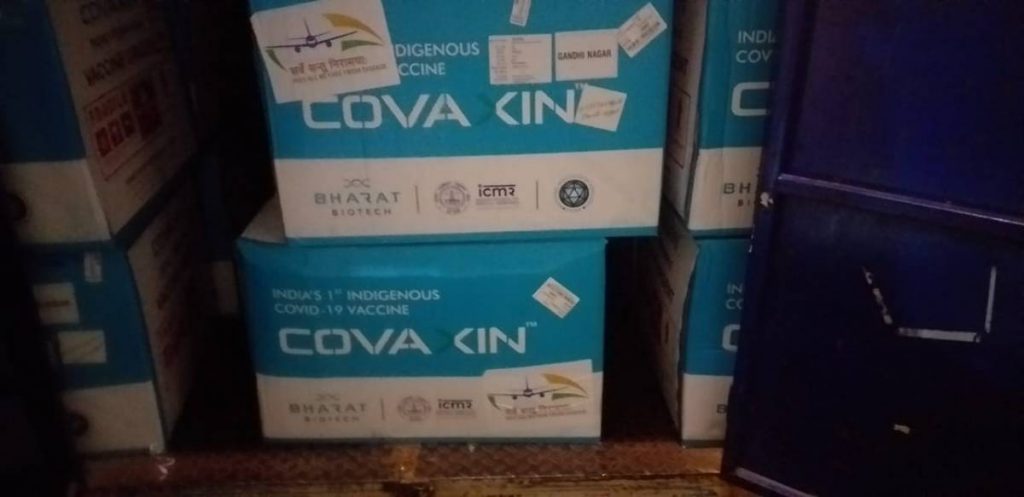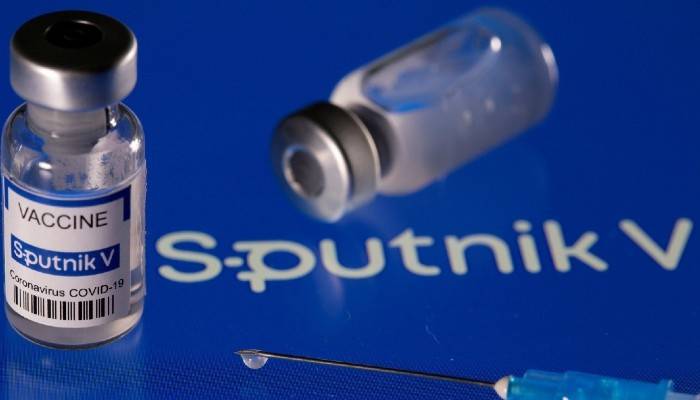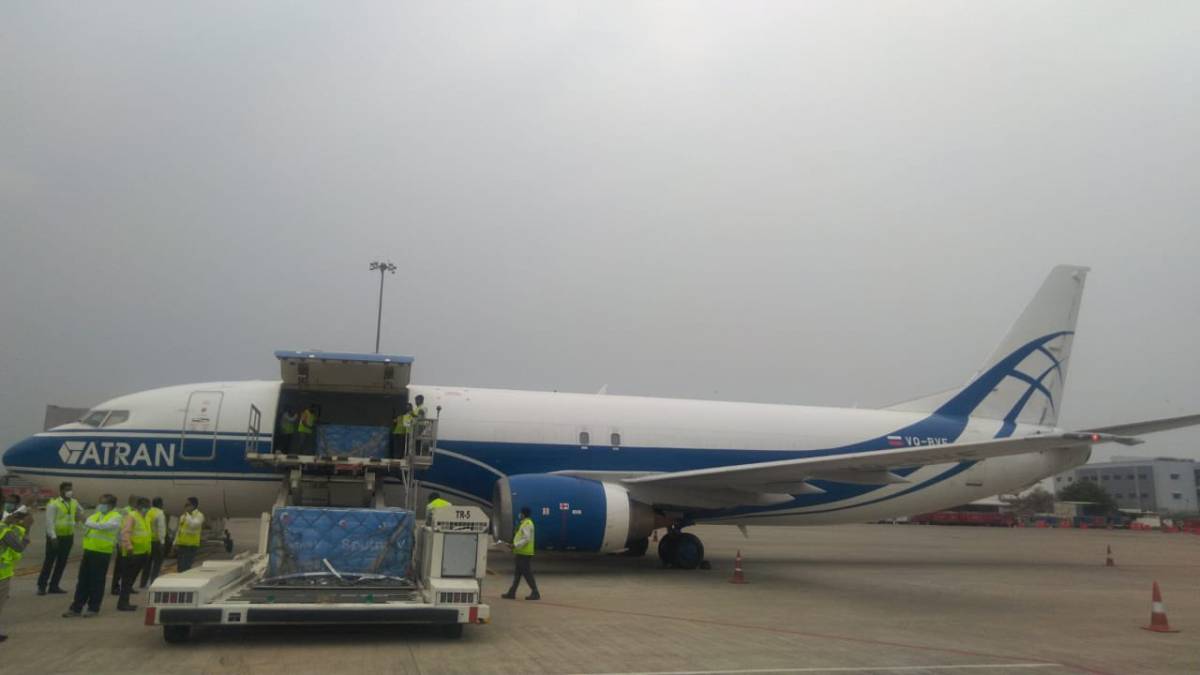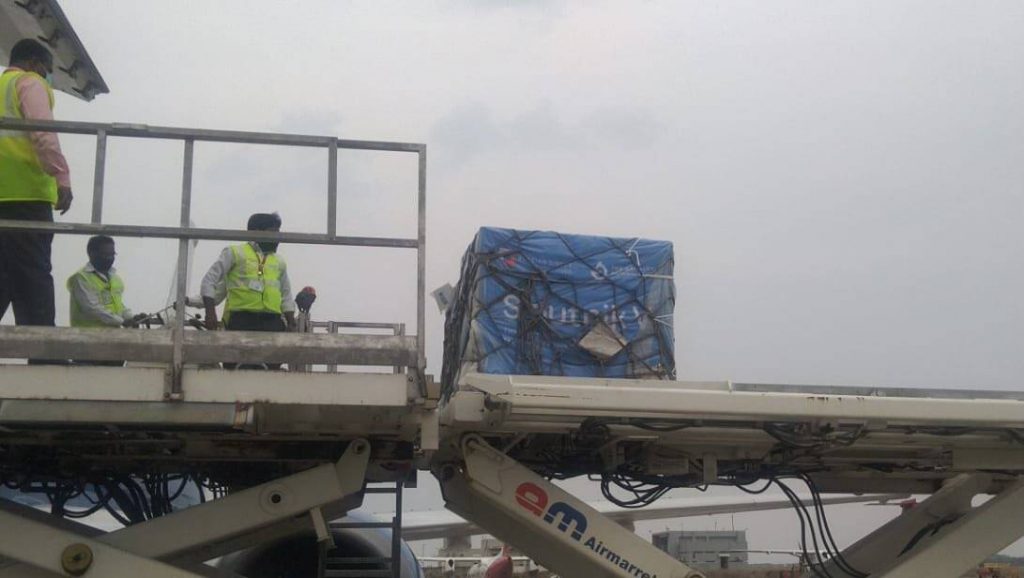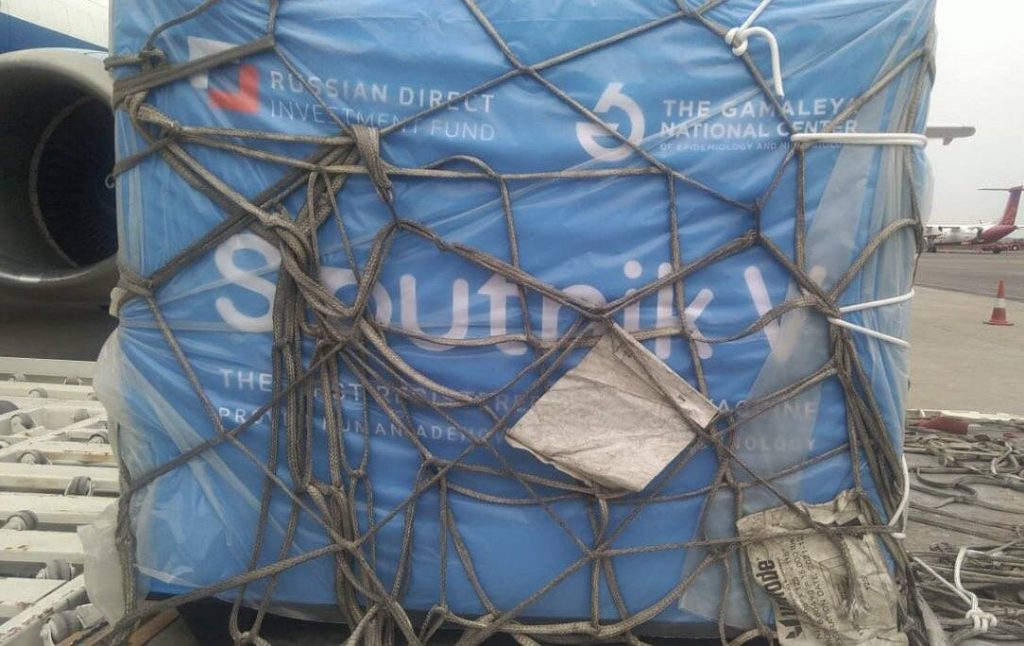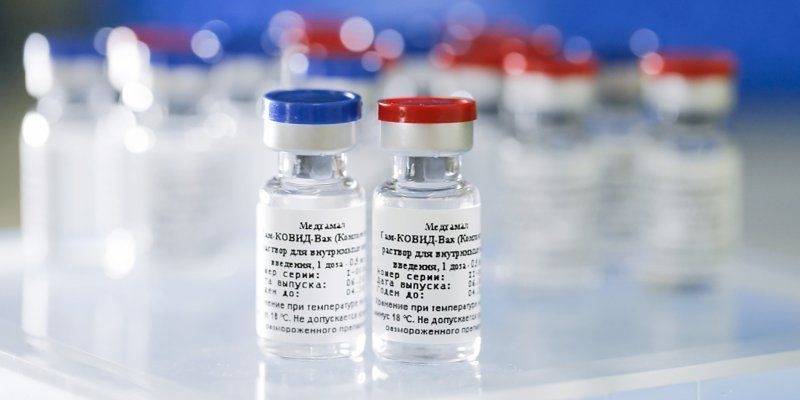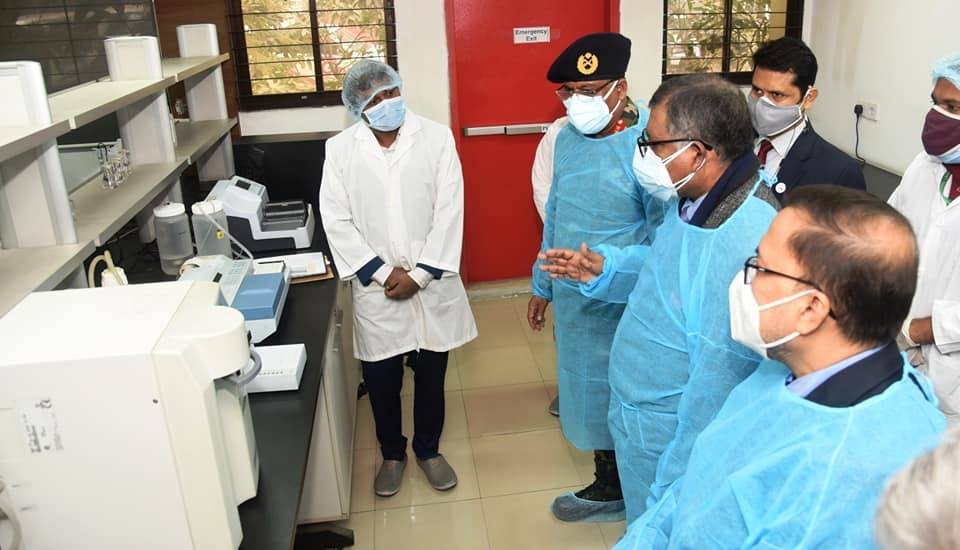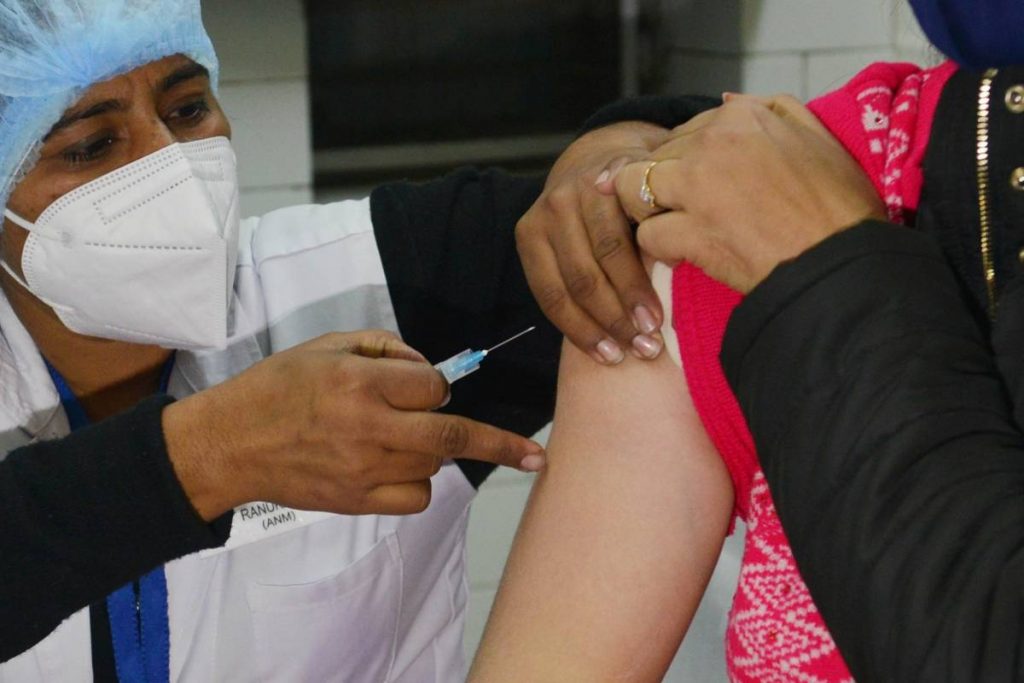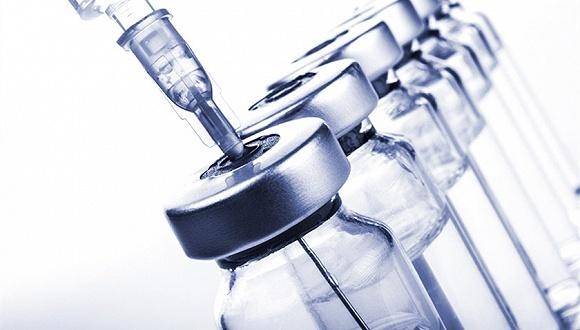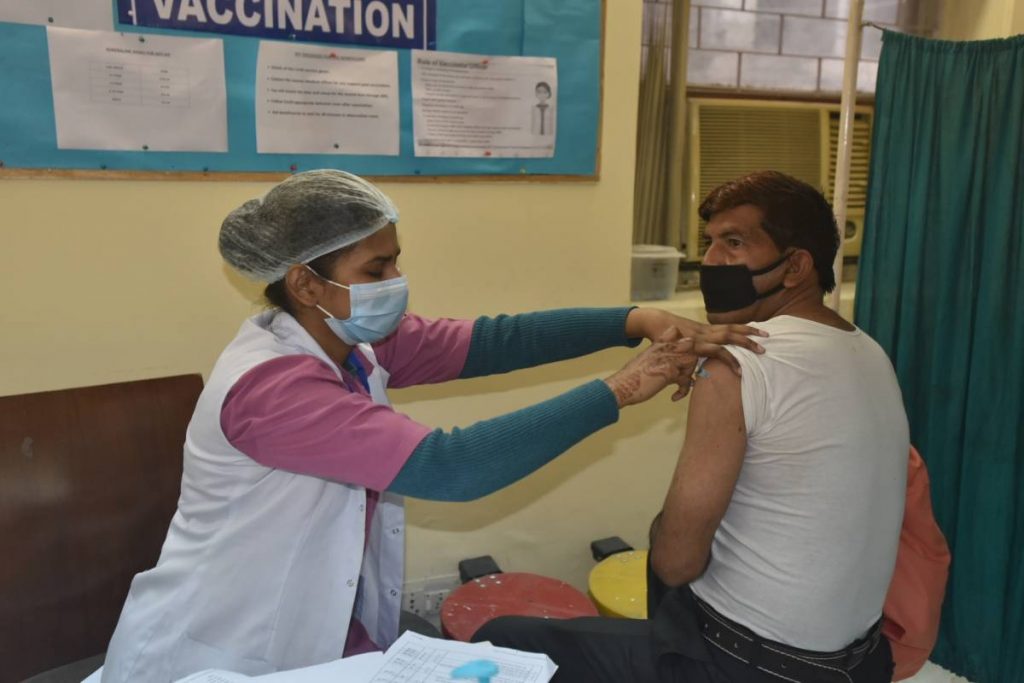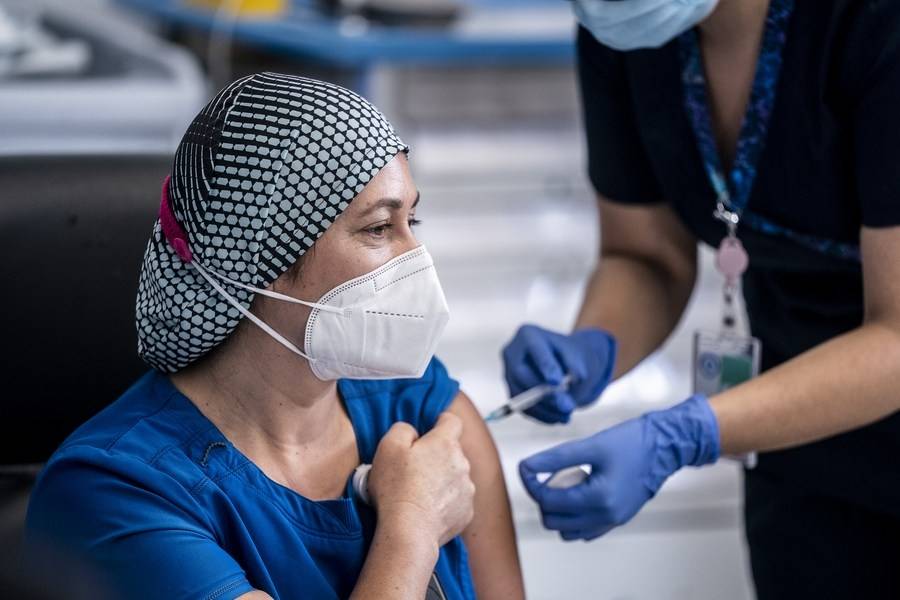Meanwhile, the RDIF has said that it and its international partners believe that only diplomacy can end this conflict and save human lives…reports Avinash Prabhakar
The economic sanctions imposed by the US on Russia amid ongoing conflict with Ukraine are expected to slow down the production of Russia’s Sputnik vaccines in India.
The Russian Direct Investment Fund (RDIF), promoter of vaccine, is Russia’s sovereign wealth fund and investor in Sputnik coronavirus vaccines, is among the sanctioned.
India is the second-largest manufacturer of vaccines after Russia and also the largest market for vaccines. The RDIF has partnered with Serum Institute of India, Gland Pharma, Hetero Biopharma, and other Indian pharmaceutical companies to manufacture vaccines in India.
Indian companies had planned to produce at least 1,152 million doses of Sputnik V per year. However, the blocking of certain Russian banks’ access to the SWIFT international payment system may hamper the process of payments which, in turn, can lower down the production in India.
Meanwhile, the RDIF has said that it and its international partners believe that only diplomacy can end this conflict and save human lives.
“From day one, the Russian Direct Investment Fund has been focused on people and improving their quality of life. RDIF helped protect millions of people in over 70 countries through its humanitarian mission to fight coronavirus infection. RDIF supports restoration of peace and hopes negotiations between representatives of Russia and Ukraine are successful. RDIF and its international partners believe that only diplomacy can end this conflict and save human lives,” it said.
“Sputnik is manufactured in India by Hetero and Serum Institute of India and distributed by Dr. Reddy’s Labs. So the supply across India should not suffer. However the sale so far has been very modest (just 1.2 million out of the 1.8 billion doses of vaccine administered so far). How the sanctions will impact Sputnik’s sales in 29 countries where it has been approved is yet to be seen. The approvals from WHO for Sputnik V will surely take longer or even may not come depending on how strongly does WHO come down on the invasion,” Pavan Choudary, Chairman, Medical Technology Association of India (MTaI) told.
ALSO READ-Priyanka calls Ukraine-Russia conflict as ‘terrifying’


